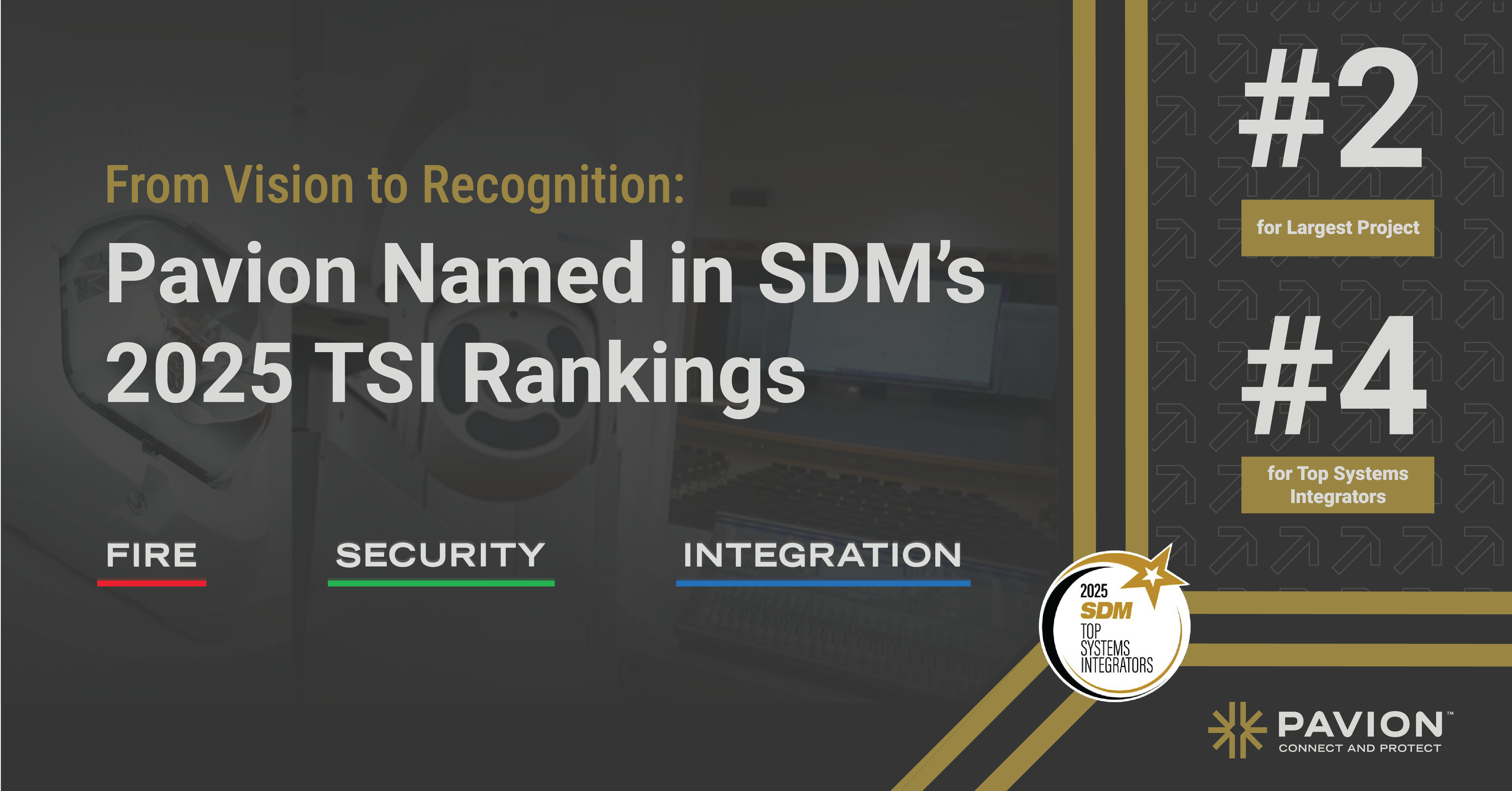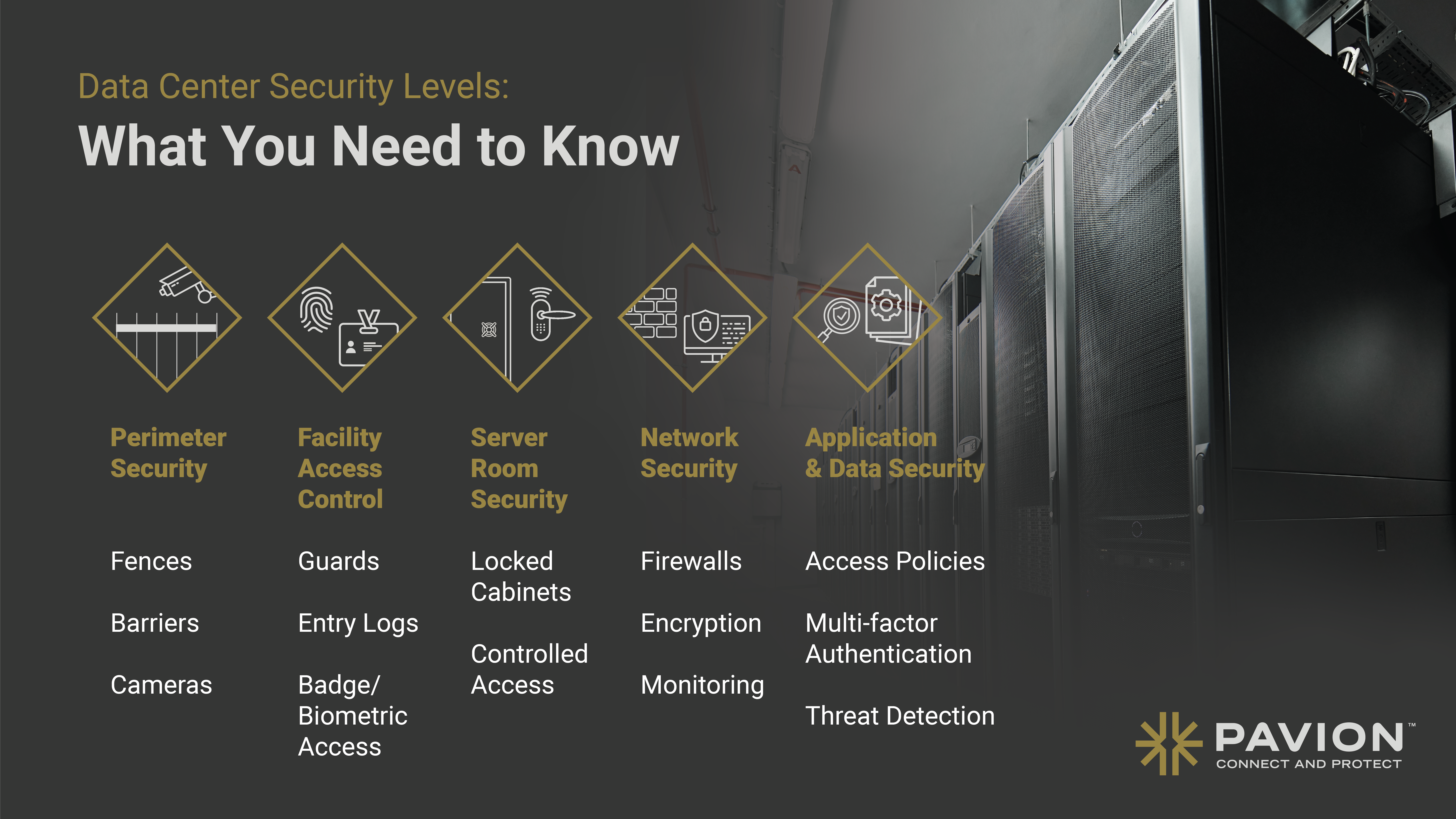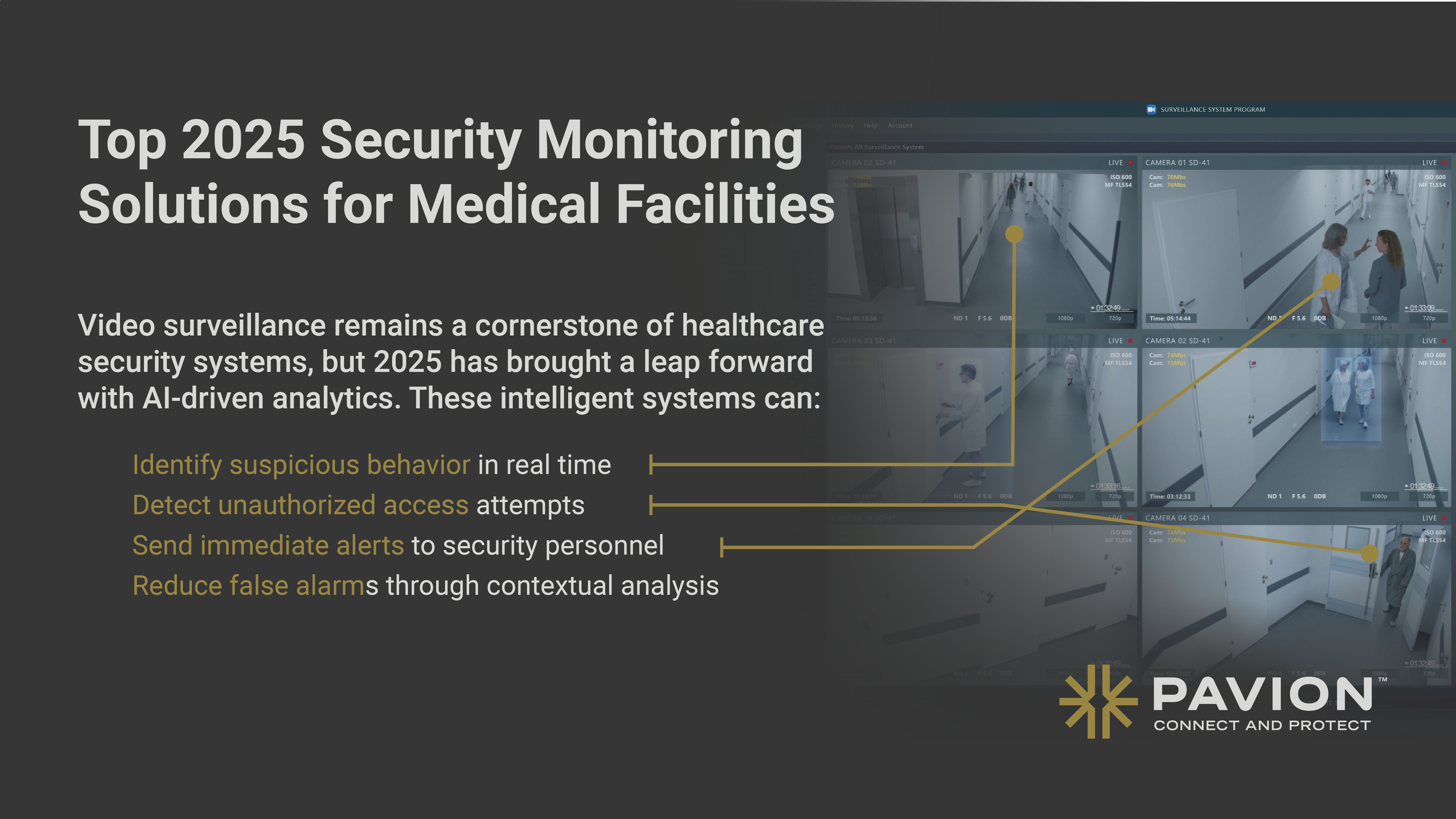
Intelligent Security Systems: AI and Machine Learning in Action
With advancements in technology, the field of security systems has evolved tremendously. Traditional security measures are no longer sufficient to protect against modern-day threats. Enter intelligent security systems, powered by artificial intelligence (AI) and machine learning (ML). In this article, we will explore the role of AI and ML in security systems and how they are revolutionizing the way we approach security.
Understanding Intelligent Security Systems
In order to comprehend the impact of AI and ML in security systems, it is crucial to first understand the basics of intelligent security systems. These systems utilize AI and ML algorithms to analyze vast amounts of data and make informed decisions. By processing data in real-time, intelligent security systems can detect anomalies, identify potential threats, and take proactive measures to prevent incidents.
Intelligent security systems have revolutionized the way we approach security. With their advanced capabilities, they have become an essential tool in safeguarding our homes, businesses, and public spaces. Let’s dive deeper into the key features that make these systems so effective:
- Real-time monitoring and analysis of data: One of the most significant advantages of intelligent security systems is their ability to monitor and analyze data in real-time. This means that any potential threats or anomalies can be detected and addressed immediately, minimizing the risk of security breaches. Additionally, the data can be used by marketing to know when to run promotions to increase traffic flow as well as it can be used by HR to know when more or less staff is needed.
- Identification of patterns and anomalies: AI and ML algorithms enable intelligent security systems to identify patterns and anomalies that may go unnoticed by human operators. By continuously learning from past data, these systems can recognize suspicious activities and raise alerts, ensuring a proactive approach to security.
- Automated threat detection and response: Intelligent security systems are designed to automate the process of threat detection and response. Once a potential threat is identified, these systems can take immediate action, such as activating alarms, notifying security personnel, or even deploying countermeasures to neutralize the threat.
- Smart surveillance and access control: With the integration of AI and ML, intelligent security systems have the ability to perform smart surveillance and access control. They can distinguish between authorized and unauthorized individuals, detect suspicious behavior, and even predict potential security risks based on historical data. This level of intelligence allows for more efficient and effective security measures.
Intelligent security systems are not limited to a single application. They are used in various sectors, including residential, commercial, industrial, and public spaces. From protecting homes and offices to securing critical infrastructure and public events, these systems play a crucial role in maintaining safety and security.
As technology continues to advance, intelligent security systems will only become more sophisticated. With the integration of advanced AI and ML algorithms, these systems will be able to adapt and learn from new threats, making them even more effective in preventing security breaches.
In conclusion, intelligent security systems have revolutionized the way we approach security. With their ability to analyze vast amounts of data in real-time, identify patterns and anomalies, automate threat detection and response, and perform smart surveillance and access control, these systems provide a proactive and efficient approach to security. As technology continues to evolve, we can expect intelligent security systems to become even more advanced, ensuring the safety and security of our surroundings.
The Role of AI in Security Systems
Artificial Intelligence (AI) has revolutionized the field of security systems, playing a pivotal role in enhancing security measures. By leveraging AI technology, security systems can perform complex tasks such as facial recognition, behavior analysis, and object detection. The ability to accurately identify and analyze data in real-time enables these systems to respond swiftly to potential threats, ensuring the safety and security of individuals and organizations.
One of the key benefits of AI in security systems is its ability to provide advanced threat detection and response capabilities. Through the use of sophisticated algorithms, these intelligent systems can differentiate between normal and abnormal behavior, identify potential security threats, and take immediate action to neutralize risks. This proactive approach significantly reduces the response time to potential threats, preventing any potential damage or harm.
Facial recognition, a powerful AI technology, has become an integral part of modern security systems. By analyzing facial features and comparing them to a database of known individuals, these systems can accurately identify and authenticate individuals in real-time. This technology has proven to be invaluable in various sectors, including airports, government buildings, and high-security facilities, where access control and identification are of utmost importance.
In addition to facial recognition, AI-powered behavior analysis is another crucial aspect of security systems. By analyzing patterns of behavior, these systems can detect suspicious activities and alert security personnel. For example, in a crowded area, AI algorithms can identify unusual behavior, such as someone loitering in a restricted area or exhibiting erratic movements, and immediately notify security personnel to take appropriate action.
Object detection is yet another area where AI has made significant advancements in security systems. By utilizing computer vision algorithms, these systems can identify and track objects of interest, such as weapons or suspicious packages, in real-time. This technology has proven to be highly effective in enhancing security at public places like airports, train stations, and stadiums, where the detection of potential threats is crucial.
Furthermore, AI-powered security systems can continuously learn and adapt to new threats and evolving security challenges. By analyzing vast amounts of data and identifying patterns, these systems can improve their accuracy and effectiveness over time. This adaptability ensures that security systems remain up-to-date and capable of addressing emerging threats.
In conclusion, AI has transformed the landscape of security systems, providing advanced capabilities that were once only seen in science fiction movies. From facial recognition to behavior analysis and object detection, AI-powered security systems have significantly enhanced the ability to detect and respond to potential threats. With continuous advancements in AI technology, the future of security systems looks promising, ensuring a safer and more secure environment for all.
Machine Learning and Security: A Powerful Combination
Machine learning, a subset of AI, takes intelligent security systems to the next level. Machine learning algorithms can learn from past data and adapt their behavior based on new information. This enables security systems to continuously improve their threat detection capabilities.
Predictive analysis through machine learning is another powerful application in security systems. By analyzing historical data and identifying patterns, machine learning algorithms can predict potential security breaches and take proactive measures to prevent them. This not only enhances the effectiveness of security systems but also reduces the occurrence of false alarms.
One of the key advantages of machine learning in security is its ability to handle large volumes of data. Traditional security systems often struggle to process and analyze massive amounts of information in real-time. With machine learning, security systems can efficiently process and analyze vast datasets, enabling them to identify complex patterns and detect anomalies that may indicate a security threat.
Furthermore, machine learning algorithms can adapt and learn from new data, allowing security systems to stay up-to-date with the latest threats. As hackers constantly evolve their techniques, it is crucial for security systems to be able to adapt and respond accordingly. Machine learning algorithms can automatically update their models based on new data, ensuring that security systems are equipped to handle emerging threats.
In addition to threat detection, machine learning can also be applied to user authentication and access control. By analyzing user behavior patterns, machine learning algorithms can identify suspicious activities and flag potential unauthorized access attempts. This helps to strengthen the security of sensitive systems and protect against unauthorized access.
Another area where machine learning is making a significant impact is in malware detection. Traditional signature-based antivirus software often struggles to keep up with the rapidly evolving landscape of malware. Machine learning algorithms, on the other hand, can analyze the characteristics of known malware and identify new variants based on similarities. This enables security systems to detect and block previously unseen malware, providing a more robust defense against cyber threats.
Machine learning is also being used to enhance the efficiency of security incident response. By analyzing past incidents and their resolutions, machine learning algorithms can identify common patterns and suggest appropriate actions to security analysts. This can help streamline the incident response process, enabling faster and more effective resolution of security incidents.
Overall, the combination of machine learning and security offers significant benefits in terms of threat detection, predictive analysis, user authentication, malware detection, and incident response. As the field of machine learning continues to advance, we can expect even more powerful and sophisticated applications in the realm of security.
The Future of Security Systems: AI and Machine Learning
As technology continues to advance, the future of security systems lies in the integration of AI and machine learning. Emerging trends in AI and ML for security focus on improving accuracy, scalability, and efficiency.
One such trend is the use of deep learning algorithms, a subset of machine learning. Deep learning algorithms mimic the human brain’s neural networks and are capable of handling complex data sets. By leveraging deep learning, security systems can enhance their ability to detect and respond to sophisticated threats.
Implementing AI and ML in security systems does come with challenges. However, solutions are being developed to address these challenges. Privacy concerns, ethical considerations, and the need for robust cybersecurity measures are factors that must be carefully balanced when implementing intelligent security systems.
In conclusion, AI and ML are revolutionizing the field of security systems. Intelligent security systems powered by AI and ML offer enhanced threat detection, real-time monitoring, and proactive response mechanisms. As an industry leader, Pavion specializes in developing advanced intelligent security systems that leverage AI and ML technologies. By embracing these technologies, we are paving the way for a safer and more secure future.
Secure Your Future with Pavion
As we navigate an era where security challenges are increasingly complex, the need for advanced solutions has never been greater. Pavion stands at the forefront of this technological evolution, offering fire, security, and integration solutions tailored to a diverse range of industries. Our commitment to innovation and radical service ensures that your safety, security, and communication needs are met with unparalleled expertise. Don’t wait for the future to catch you unprepared. Take the first step towards transforming your security infrastructure with a comprehensive system assessment, at no cost to you. Get a Free System Assessment today and connect with a safer tomorrow.


